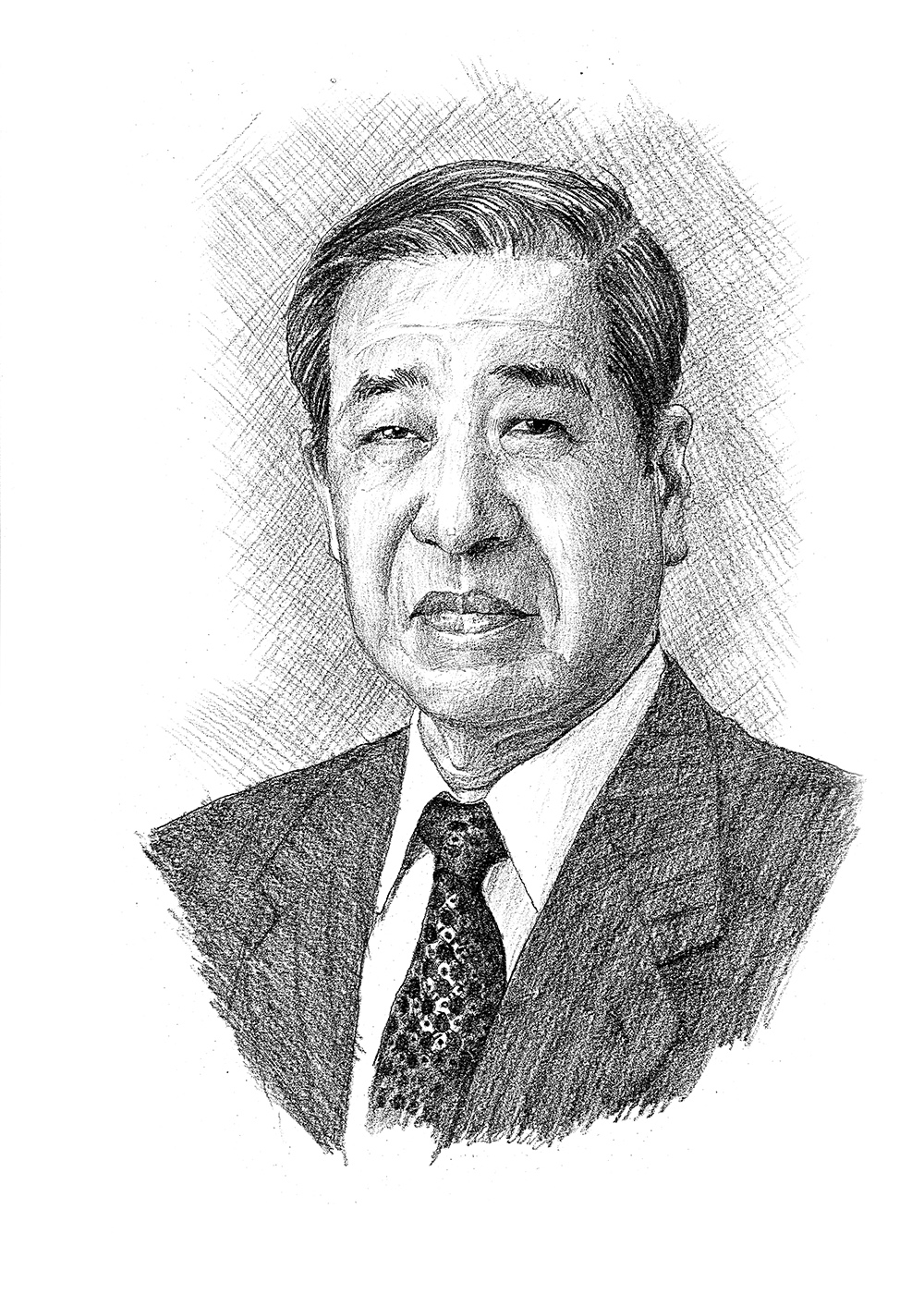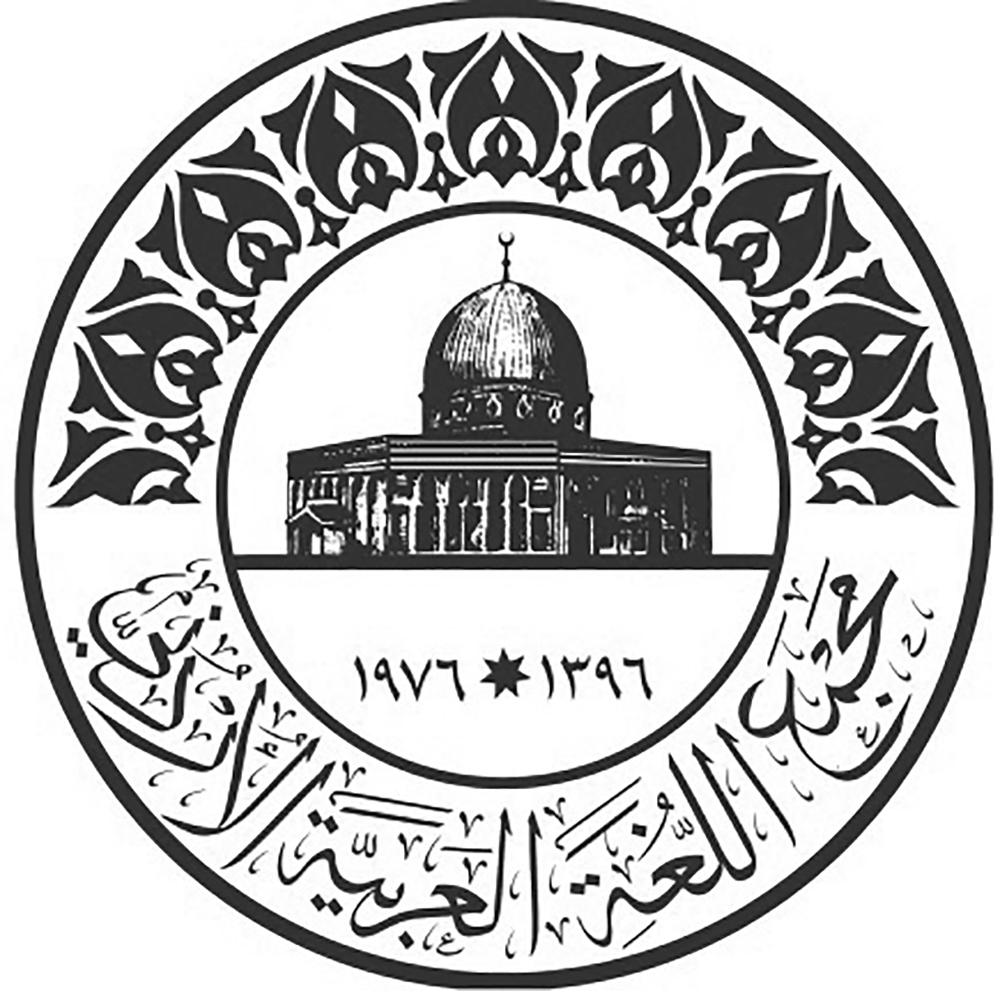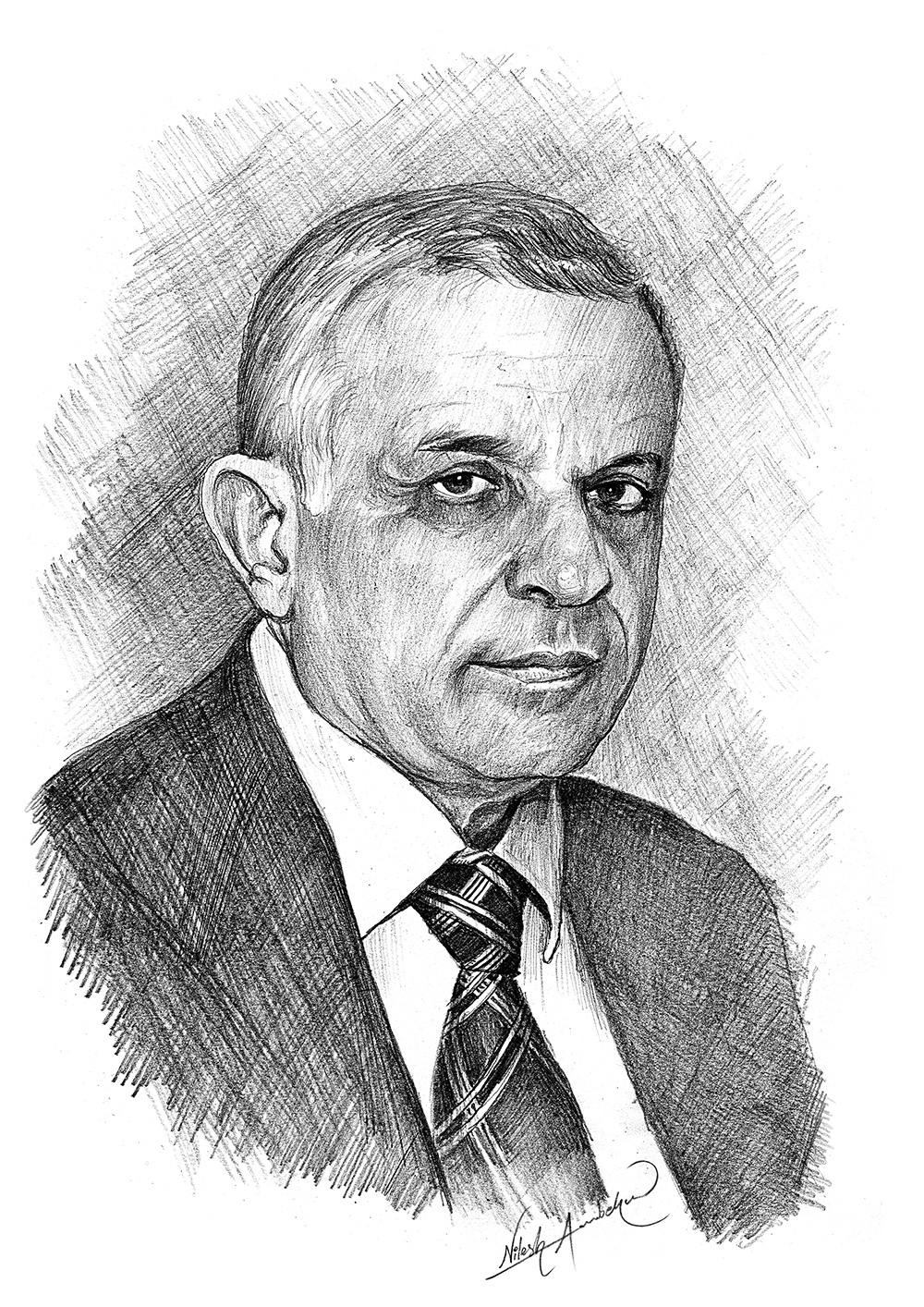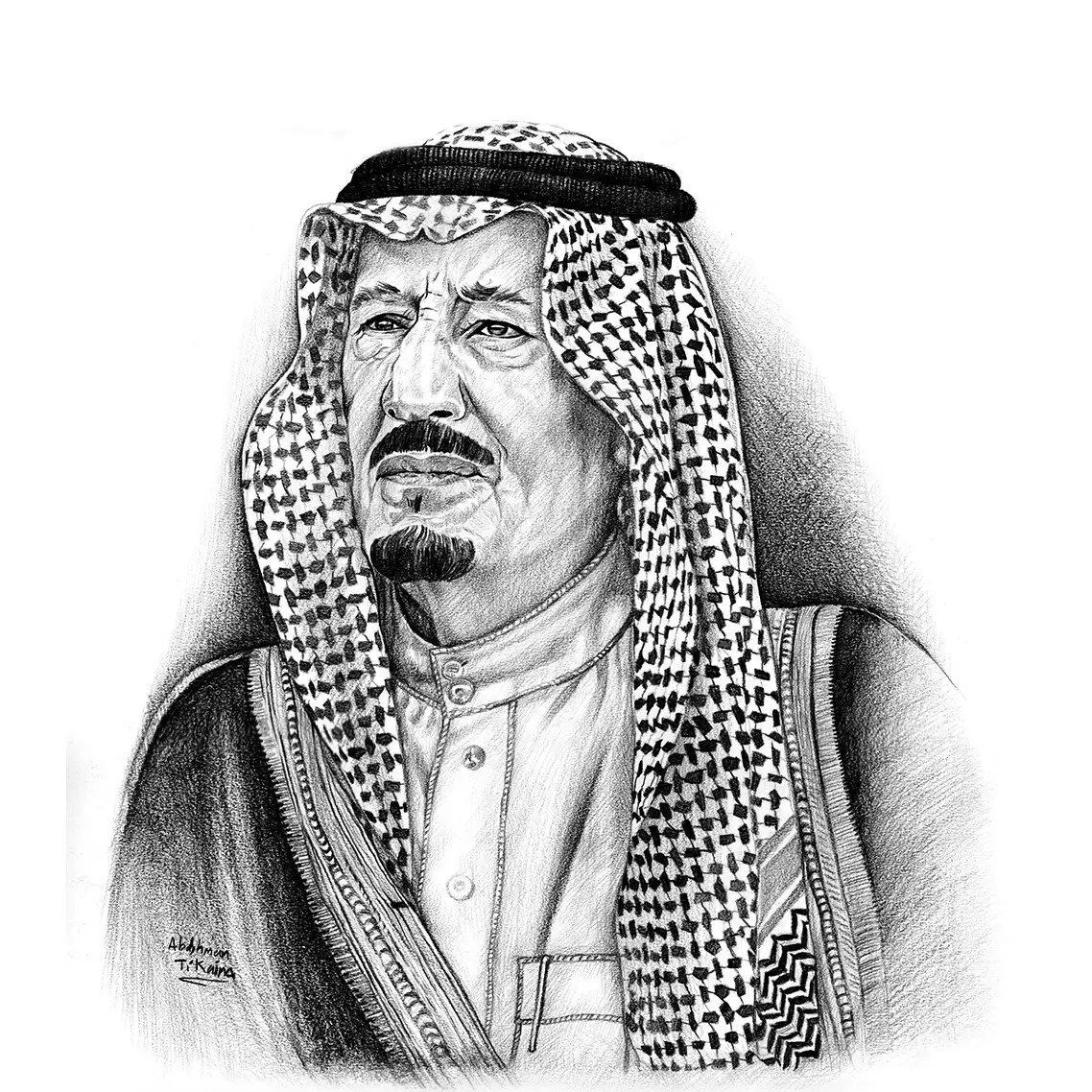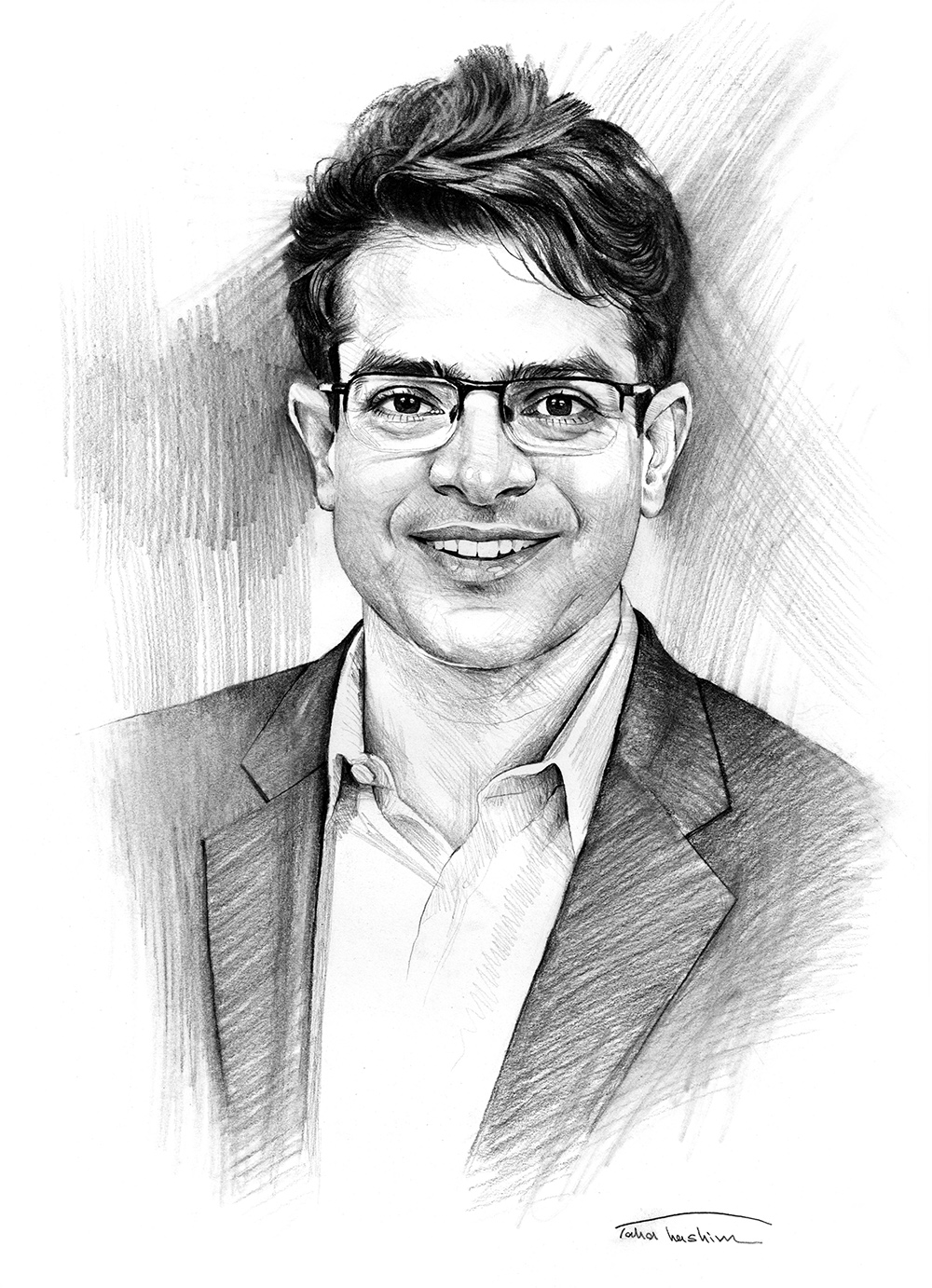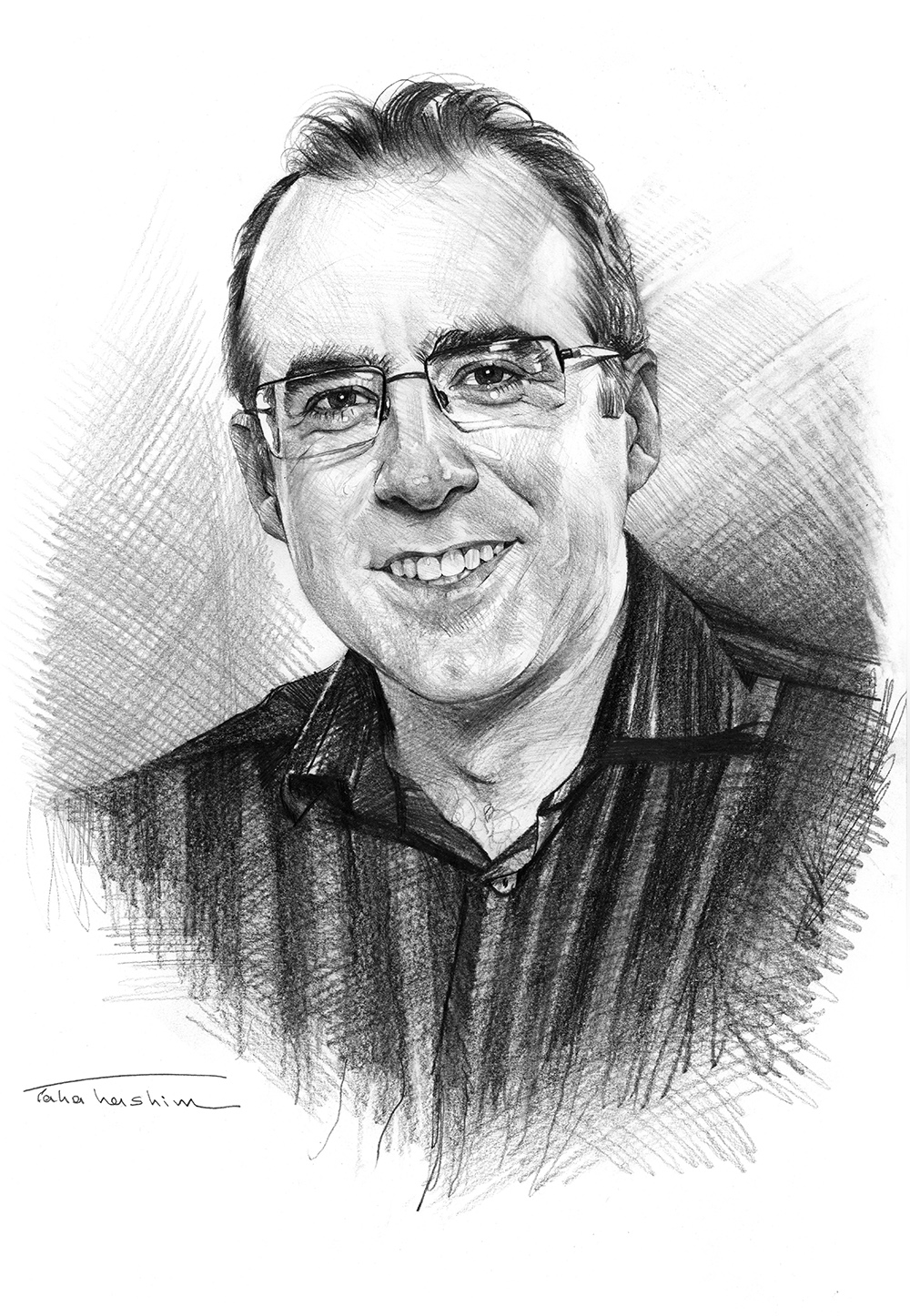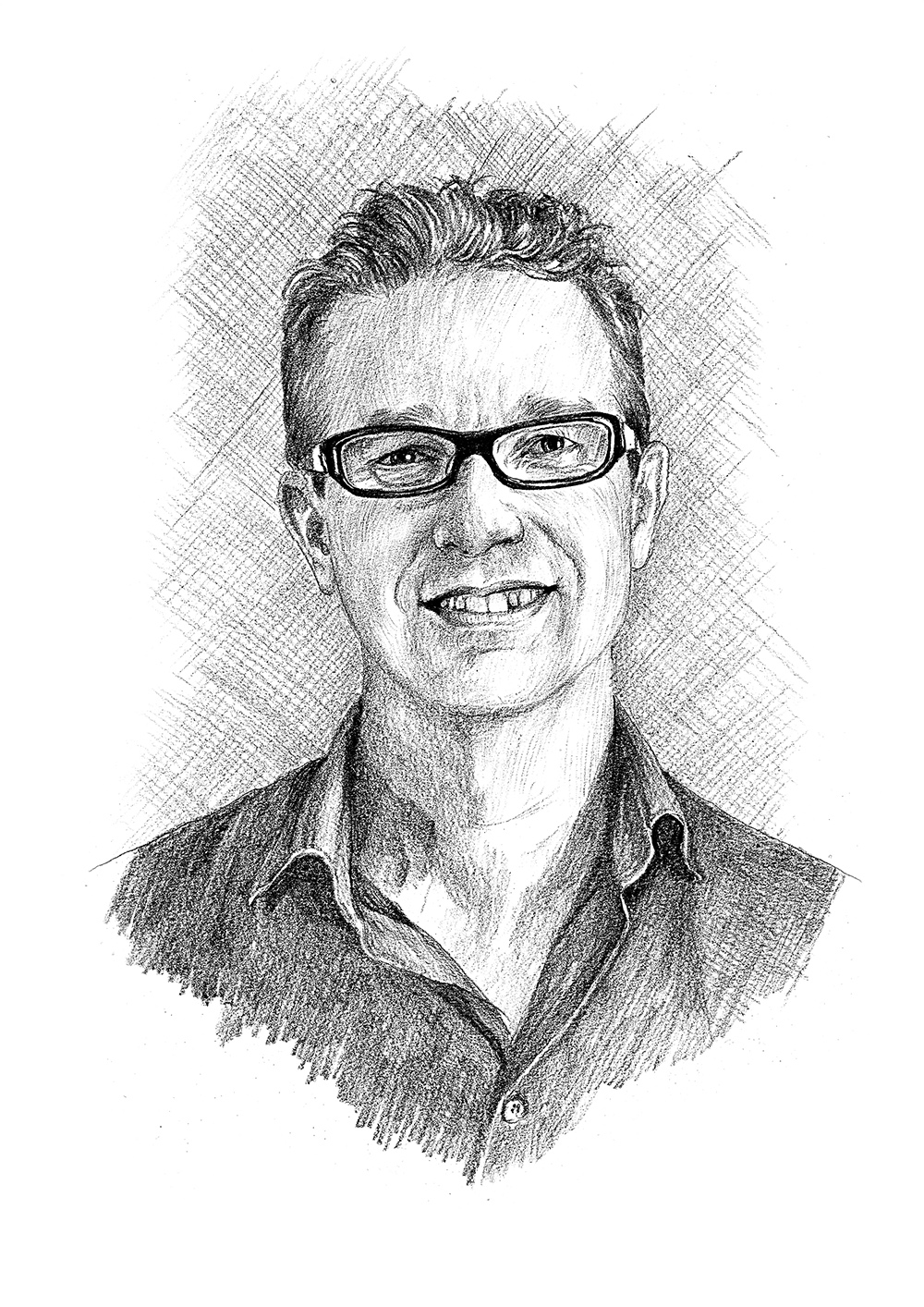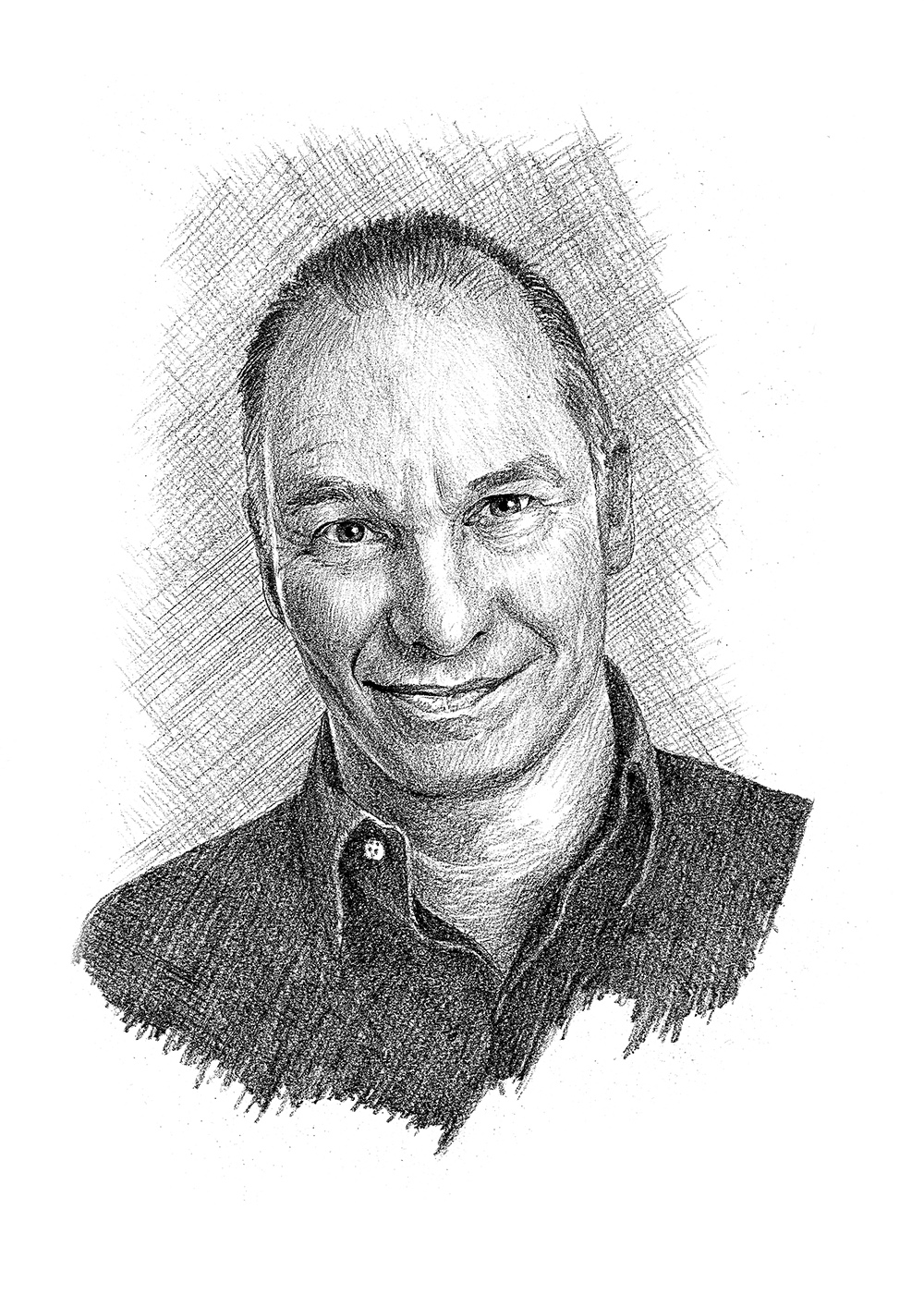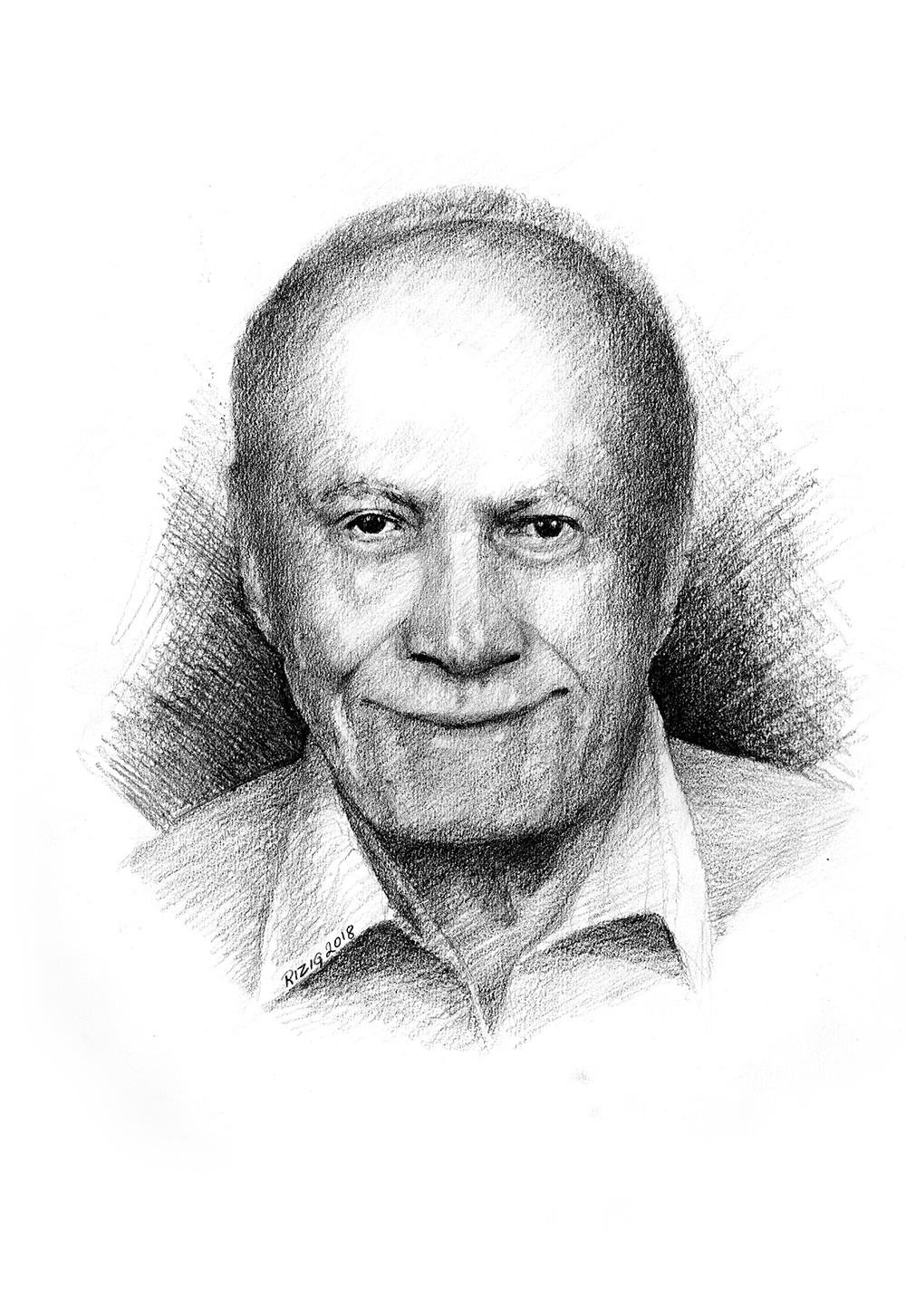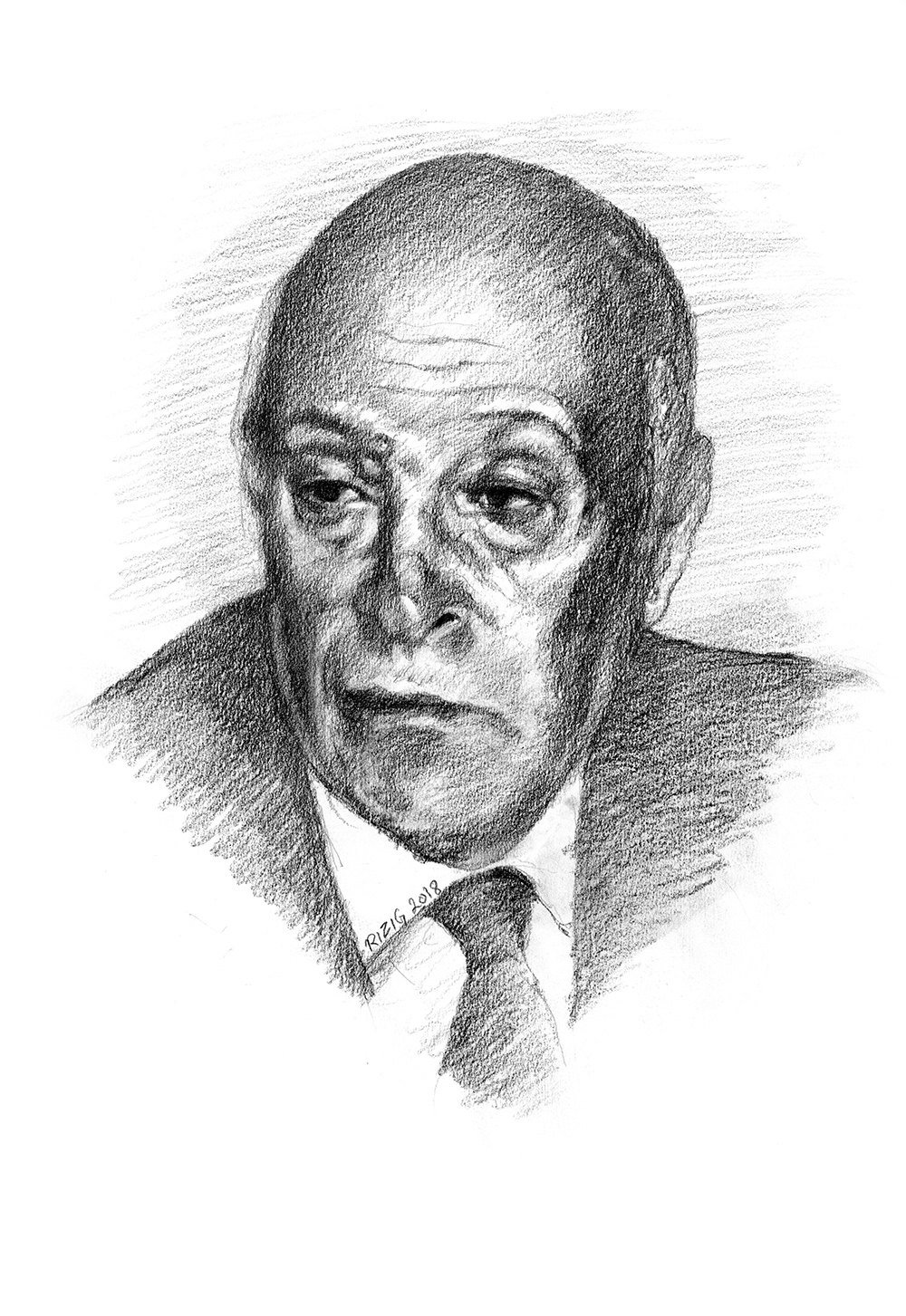Tadamitsu Kishimoto graduated from Osaka University Medical School in 1964, and completed a one-year internship at Osaka University Hospital, and obtained his Ph.D. in medicine in 1969. Between 1970 and 1974, he pursued post-doctoral research in the Department of Medicine at Johns Hopkins Medical School, working under Professor Kimishige Ishizaka, the discoverer of IgE. He returned to Osaka University Medical School in 1974 as an assistant professor of medicine and progressed rapidly through his academic and research career becoming a full professor in 1979. He served as the dean and chairman of the Department of Medicine at Osaka University and was the university’s president from 1997-2003, and a Member of the Council for Science and Technology Policy from 2004 to 2006. Currently, he is a professor of Immunology at the Immunology Frontier Research Center in Osaka University.
Professor Kishimoto has made seminal contributions to our understanding of cytokine functions in general and interleukin-6 IL-6 in particular. He discovered and cloned IL-6, elucidated its functions, its signaling pathway, receptor system, and transcription factors. He then continued developing a humanized anti-IL 6 receptor antibody therapy ACTEMRA, Tocilizumab that has proven to be highly successful in the treatment of several immune disorders such as rheumatoid arthritis, Castleman’s disease, juvenile idiopathic arthritis, and other autoimmune inflammatory disorders. Kishimoto’s work has been of paramount importance in the field of pro-inflammatory cytokines and has established paradigms for the study of cytokine biology. His studies on IL-6, which spanned around thirty years, have been highly regarded, ranking him among the world’s most cited researchers. He has published around 620 papers and nearly 140 review articles.
Professor Kishimoto has received numerous prestigious awards and honors, including the Imperial Prize of the Japan Academy in 1992, the Sandoz Prize for Immunology of the International Union of Immunological Society in 1992, the Avery-Landsteiner Prize of the German Immunology in 1996, ISI Citation Laureate Award in 2000, an Honorary Doctorate Degree from the Universidad Tecnologica de Santiago, UTESA, in 2001, an Honorary Professorship at the Fourth Military Medical College, Xian, China in 2002, an Honorary Doctor of Science from Mahidol University in 2003, Robert Koch Gold Medal in 2003, a Distinguished Professorship of Medicine and Immunology, University California, Davis in 2004, an Honorary LifeTime Achievements Award from the International Cytokine Society in 2006, the Crafoord Prize from the Royal Swedish Academy of Sciences in 2009, and the Japan Prize in 2011. He was awarded the Order of Culture from the Emperor of Japan in 1998 and Royal Decoration from the Kingdom of Thailand in 2012. He was also elected as a Foreign Associate of the US National Academy of Sciences 1991, a Member of the Japan Academy in 1995, and a Member of the Deutsche Akademie der Naturforscher Leopoldina in 2005.
In addition, he was elected President of the International Immunopharmacology Society, the International Cytokine Society, and the Japanese Society for Immunology. He is also an Honorary Member of the American Association of Immunologists and the American Society of Hematology. He is involved in several professional activities including being a former President of the 14th International Congress for the Society of Immunology. He is also an editor and a member of the editorial board of several international journals in his fields of specialization and selection committee member for a number of international prizes.
This biography was written in the year the prize was awarded.

